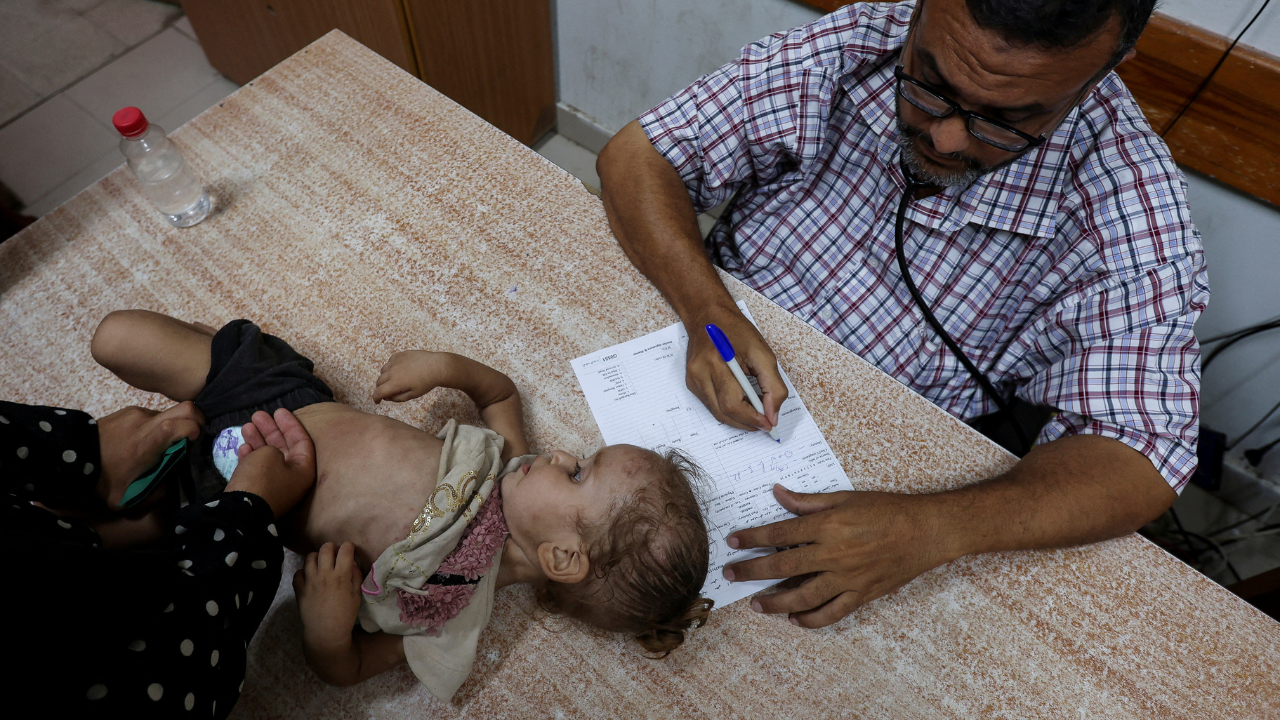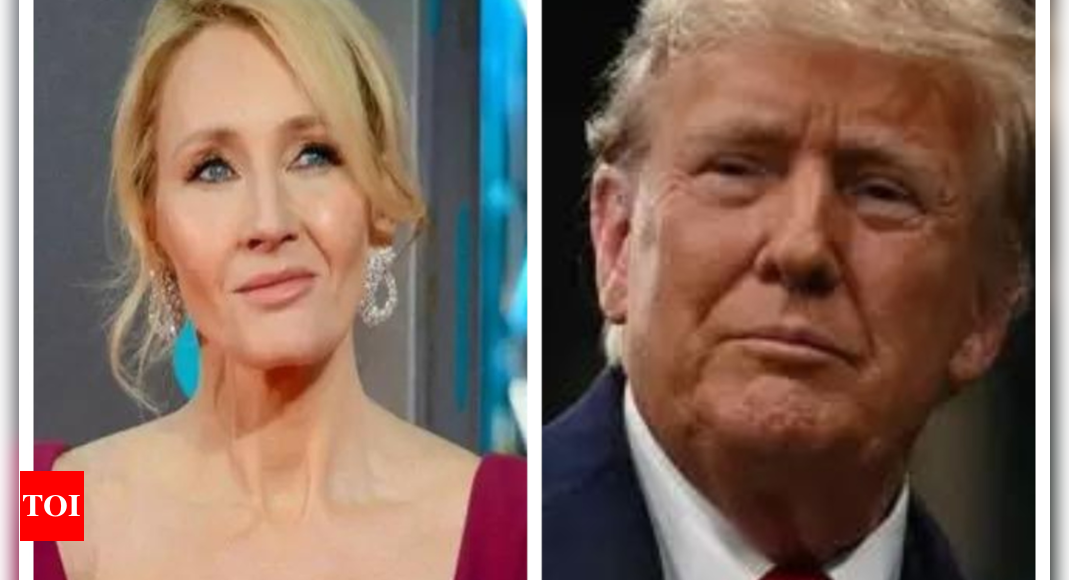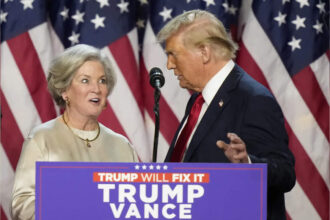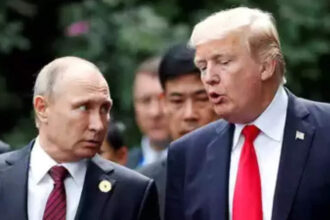A 10-month-old baby in Gaza has been paralysed by the type 2 polio virus, marking the first case in the territory in 25 years. According to Reuters, the World Health Organisation (WHO) reported the case on Friday, prompting urgent appeals from UN agencies for a vaccination campaign.
The baby has lost movement in his lower left leg and is currently stable, according to WHO Director-General Tedros Adhanom Ghebreyesus.With Gaza’s health infrastructure heavily damaged by ongoing conflict, the population faces increased vulnerability to disease outbreaks.
The type 2 virus is not more dangerous than types 1 and 3 but has caused most recent outbreaks, particularly in regions with low vaccination coverage. Philippe Lazzarini, head of the UN agency for Palestinian refugees (UNRWA) posted on X, “Polio does not distinguish between Palestinian and Israeli children.” He warned that delaying a humanitarian pause would escalate the risk of further spread among children.
Gaza’s health ministry initially reported the polio case from the central city of Deir Al-Balah, an area frequently affected by the conflict. In response, Hamas has supported a UN request for a seven-day humanitarian pause to facilitate vaccination efforts. Israel, which has been blockading Gaza since last October, agreed to help by allowing the entry of polio vaccines for around one million children.
The Israeli military’s humanitarian unit (COGAT) announced that it would coordinate the transfer of 43,000 vials of vaccine, enough for two rounds of doses for over a million children. To make this campaign successful, UN agencies stressed the importance of vaccine transport and refrigeration despite the difficult conditions.
Poliomyelitis is a highly infectious virus spread mainly through contaminated water and can lead to severe paralysis. Recent sewage tests have detected traces of the virus in Gaza.
The baby has lost movement in his lower left leg and is currently stable, according to WHO Director-General Tedros Adhanom Ghebreyesus.With Gaza’s health infrastructure heavily damaged by ongoing conflict, the population faces increased vulnerability to disease outbreaks.
The type 2 virus is not more dangerous than types 1 and 3 but has caused most recent outbreaks, particularly in regions with low vaccination coverage. Philippe Lazzarini, head of the UN agency for Palestinian refugees (UNRWA) posted on X, “Polio does not distinguish between Palestinian and Israeli children.” He warned that delaying a humanitarian pause would escalate the risk of further spread among children.
Gaza’s health ministry initially reported the polio case from the central city of Deir Al-Balah, an area frequently affected by the conflict. In response, Hamas has supported a UN request for a seven-day humanitarian pause to facilitate vaccination efforts. Israel, which has been blockading Gaza since last October, agreed to help by allowing the entry of polio vaccines for around one million children.
The Israeli military’s humanitarian unit (COGAT) announced that it would coordinate the transfer of 43,000 vials of vaccine, enough for two rounds of doses for over a million children. To make this campaign successful, UN agencies stressed the importance of vaccine transport and refrigeration despite the difficult conditions.
Poliomyelitis is a highly infectious virus spread mainly through contaminated water and can lead to severe paralysis. Recent sewage tests have detected traces of the virus in Gaza.
Source : Times of India



